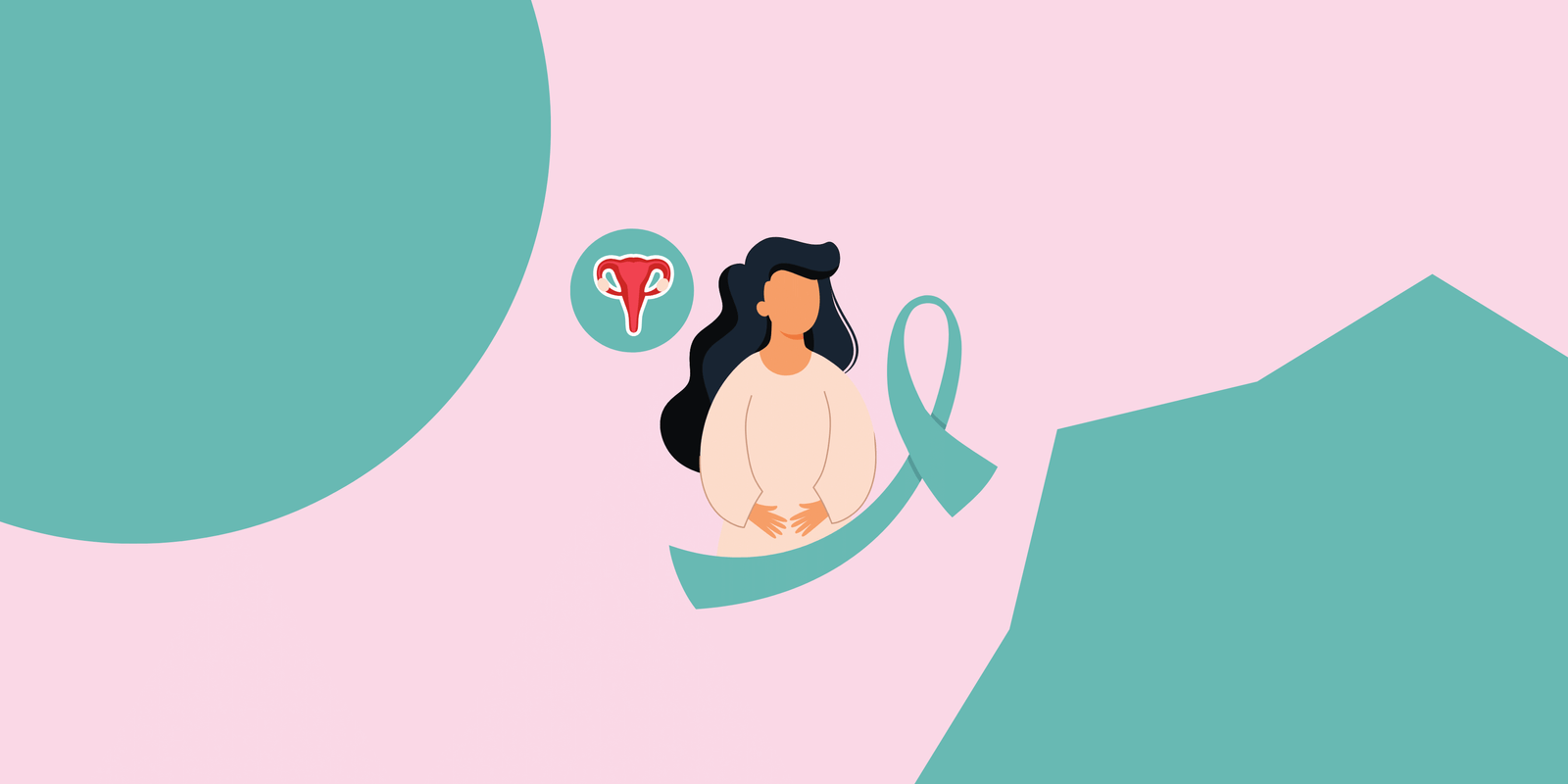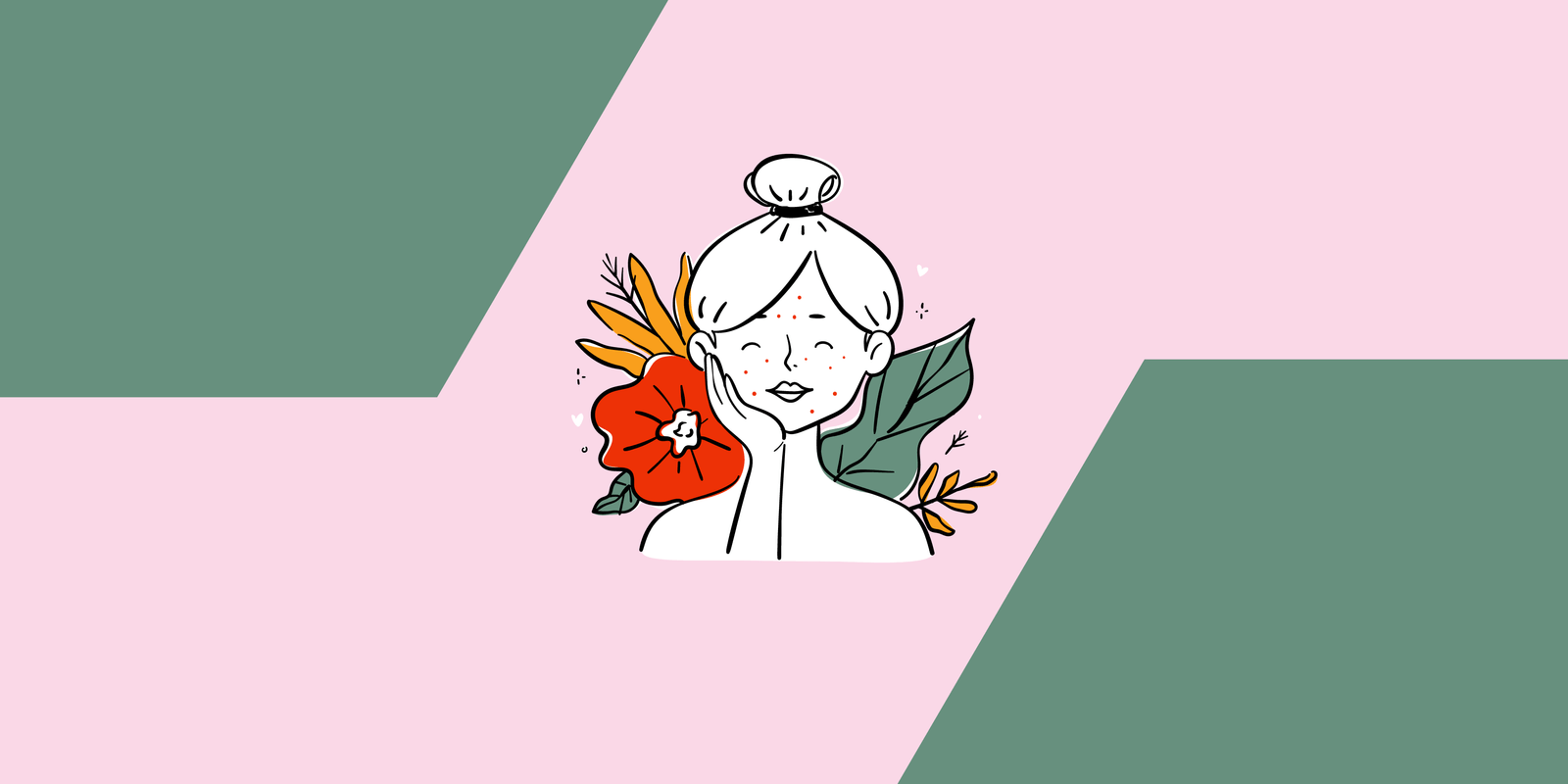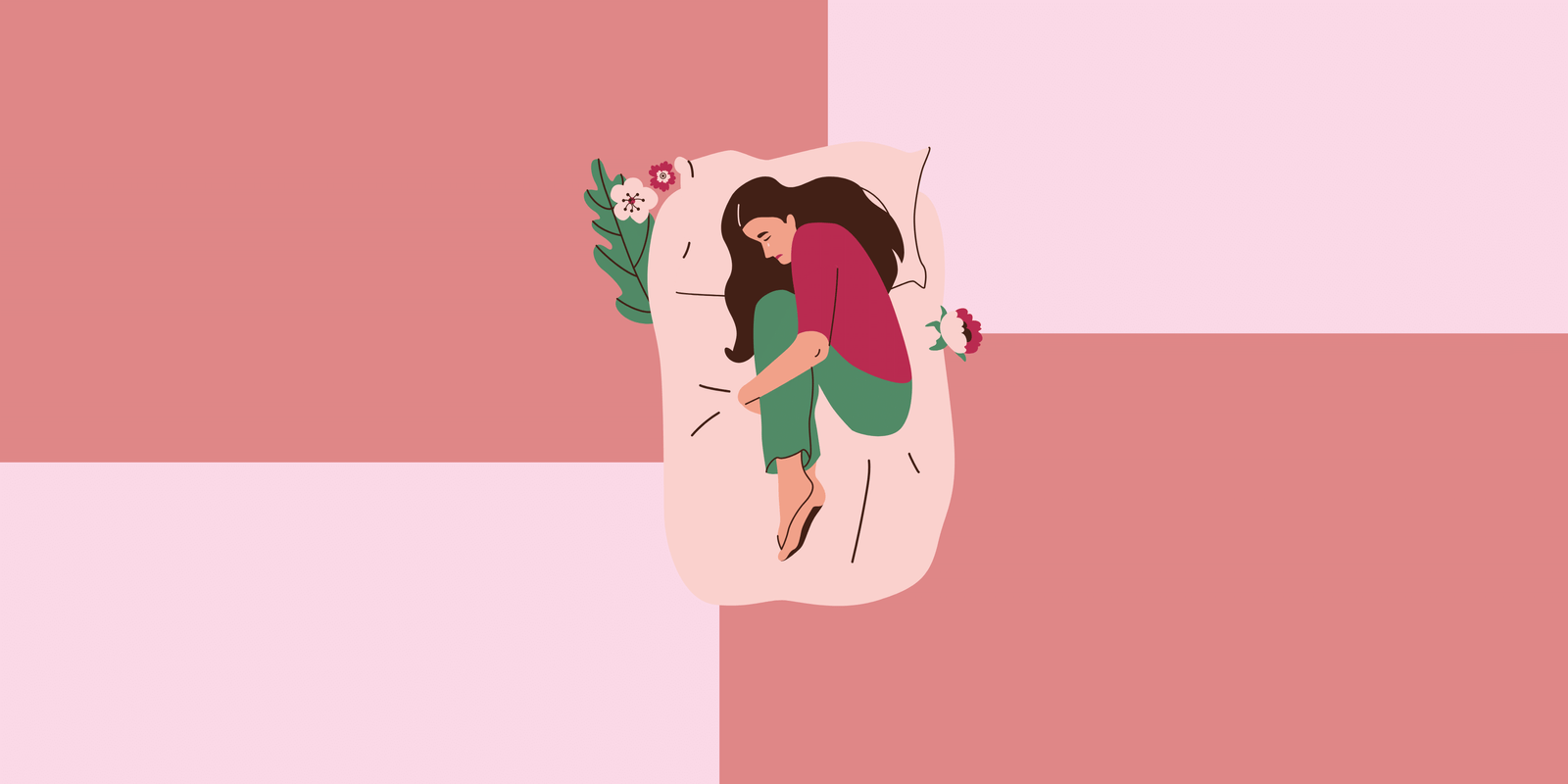Urinary Tract Infections (UTIs): Prevention and Treatment Tips
Have you ever experienced the discomfort of a urinary tract infection (UTI)? Whether firsthand or through someone you know, UTIs are a widespread concern, particularly among women. Despite their prevalence, understanding UTIs can sometimes feel like navigating a maze without a map. But fear not! In this comprehensive guide, we'll embark on a journey to demystify UTIs, from their origins to strategies for prevention and treatment.
UTIs, while commonly associated with women, can affect people of all genders. These infections occur when bacteria, often from the gastrointestinal tract, infiltrate the urinary system, triggering inflammation and discomfort. Think of your urinary tract as a complex network of organs—the kidneys, ureters, bladder, and urethra—working tirelessly to rid your body of waste. When bacteria disrupt this delicate balance, it can lead to a range of unpleasant symptoms and challenges.
Now, let's dive deeper into the world of UTIs. There are several types to be aware of, each with its own distinct characteristics and potential complications. Bladder infections, or cystitis, are among the most common UTIs. They occur when bacteria invade the bladder, causing infection and inflammation. Symptoms like a persistent urge to urinate, burning during urination, and cloudy or foul-smelling urine often accompany cystitis. But UTIs don't stop there. They can ascend to the kidneys, leading to a more severe infection known as pyelonephritis. This form of UTI can cause fever, chills, nausea, vomiting, and intense back pain, highlighting the importance of timely treatment and prevention. Additionally, urethritis, inflammation of the urethra, can cause discomfort and increased urinary frequency. Understanding these nuances is crucial for early recognition and appropriate care.
Understanding UTIs
Urinary tract infections (UTIs) are a prevalent health concern, particularly among women, although men can also experience them. These infections arise when bacteria, often from the gastrointestinal tract, enter the urinary system and proliferate, leading to inflammation and discomfort. The urinary system comprises several organs, including the kidneys, ureters, bladder, and urethra, all of which play crucial roles in the elimination of waste from the body.
1. Types of UTIs
-
Bladder Infection (Cystitis):
- This form of UTI is the most frequently encountered and occurs when bacteria infiltrate the bladder, leading to infection and inflammation.
- Symptoms of cystitis may include a persistent urge to urinate, even when the bladder is not full, along with a burning sensation during urination.
- Additionally, individuals with cystitis may notice that their urine appears cloudy or has a strong, unpleasant odor.
-
Kidney Infection (Pyelonephritis):
- Pyelonephritis is a more severe form of UTI that affects the kidneys. Bacteria ascend from the bladder or urethra into the kidneys, resulting in infection and inflammation.
- Symptoms of pyelonephritis often include fever, chills, nausea, vomiting, and intense back pain, particularly in the flank region.
- This type of UTI can lead to serious complications if left untreated, such as kidney damage or sepsis.
-
Urethra Infection (Urethritis):
- Urethritis involves inflammation and infection of the urethra, the tube that carries urine from the bladder to the outside of the body.
- Common symptoms of urethritis include a burning sensation or pain during urination, along with increased frequency of urination.
2. Common Symptoms
- Frequent Urination: Individuals with UTIs often experience a heightened urge to urinate, even if their bladder is not full. This frequent need to urinate can disrupt daily activities and sleep patterns.
- Burning Sensation During Urination: A hallmark symptom of UTIs, a burning or stinging sensation during urination, is caused by irritation of the urinary tract lining due to bacterial infection.
- Cloudy or Foul-Smelling Urine: UTIs can alter the appearance and odor of urine, causing it to appear cloudy, murky, or unusually strong-smelling. These changes indicate the presence of infection and inflammation in the urinary tract.
- Pelvic Pain: Discomfort or pressure in the lower abdomen or pelvic region is a common symptom of UTIs, particularly bladder infections. This discomfort can range from mild to severe and may persist until the infection is treated.
Understanding these symptoms and the different types of UTIs is essential for early detection and prompt treatment. If you experience any symptoms suggestive of a UTI, it's crucial to consult a healthcare professional for evaluation and appropriate management. Timely intervention can alleviate symptoms, prevent complications, and promote a faster recovery, allowing you to regain comfort and well-being.
Prevention Tips for UTIs
Preventing urinary tract infections (UTIs) is essential for maintaining urinary health and overall well-being. By adopting proactive strategies, you can reduce your risk of developing UTIs and enjoy better urinary health. Here are some effective prevention tips, along with detailed explanations and additional recommendations:
1. Stay Hydrated:
- Drinking plenty of water throughout the day is crucial for flushing out bacteria from your urinary tract. Adequate hydration helps dilute urine and promotes frequent urination, which can help eliminate bacteria from the bladder.
- Aim to drink at least eight glasses of water per day, and consider incorporating hydrating foods such as fruits and vegetables into your diet.
2. Practice Good Hygiene:
- Maintaining good hygiene habits is essential for preventing UTIs. Always wipe from front to back after using the bathroom to prevent bacteria from the anal region from entering the urethra.
- Consider using unscented, gentle cleansing wipes or a bidet for thorough cleaning without causing irritation to the delicate genital area.
3. Urinate After Intercourse:
- Emptying your bladder after sexual intercourse can help flush out any bacteria that may have entered the urinary tract during intimate activity. Urinating promptly after intercourse can reduce the risk of bacteria ascending into the bladder or urethra.
- In addition to urinating, consider gently washing the genital area with water to remove any bacteria or debris that may have accumulated during intercourse.
4. Avoid Irritants:
- Certain substances can irritate the bladder and increase the risk of UTIs. Limit your consumption of caffeine, alcohol, and spicy foods, as these can irritate the bladder lining and exacerbate urinary symptoms.
- Opt for bladder-friendly alternatives such as herbal teas, non-alcoholic beverages, and milder seasonings to reduce irritation and inflammation in the urinary tract.
5. Wear Breathable Underwear:
- Choosing breathable underwear made from natural fabrics like cotton can promote airflow and prevent moisture buildup in the genital area. Moisture and heat create an ideal environment for bacterial growth, increasing the risk of UTIs.
- Avoid tight-fitting underwear or synthetic materials that trap moisture and restrict airflow, as these can contribute to bacterial overgrowth and irritation.
6. Practice Proper Toileting Habits:
- When using public restrooms, consider using a toilet seat cover or layering toilet paper on the seat to minimize contact with potentially contaminated surfaces.
- Avoid holding urine for extended periods, as this can increase the likelihood of bacterial growth in the bladder. Listen to your body's signals and empty your bladder regularly.
7. Incorporate Probiotics into Your Diet:
- Probiotics are beneficial bacteria that promote a healthy balance of microorganisms in the gut and urinary tract. Consuming probiotic-rich foods such as yogurt, kefir, and fermented vegetables can support urinary health and reduce the risk of UTIs.
- Consider taking a probiotic supplement specifically formulated to support urinary tract health, especially if you are prone to recurrent UTIs or have recently completed a course of antibiotics.
Treatment Options for UTIs
When dealing with a urinary tract infection (UTI), prompt medical attention is crucial to alleviate symptoms and prevent complications. While antibiotics prescribed by your healthcare provider are typically the primary treatment for UTIs, there are also several home remedies and self-care strategies you can incorporate to complement medical treatment and alleviate discomfort. Here's a detailed explanation of treatment options for UTIs, along with additional recommendations:
1. Antibiotic Therapy:
- Upon diagnosis of a UTI, your healthcare provider may prescribe antibiotics to target the specific bacteria causing the infection. It's essential to complete the full course of antibiotics as prescribed, even if symptoms improve before the medication is finished.
- Commonly prescribed antibiotics for UTIs include trimethoprim-sulfamethoxazole, nitrofurantoin, and ciprofloxacin. Your healthcare provider will determine the most appropriate antibiotic based on factors such as the type of bacteria causing the infection and any underlying health conditions.
2. Home Remedies:
- In addition to antibiotic therapy, you can try the following home remedies to alleviate symptoms and promote comfort during UTI treatment:
- a. Drink Cranberry Juice:
- Cranberries contain compounds called proanthocyanidins, which may help prevent bacteria from adhering to the urinary tract walls, reducing the risk of infection.
- Opt for unsweetened cranberry juice or cranberry supplements to reap the potential benefits without added sugar, which can contribute to inflammation and exacerbate symptoms.
- b. Apply Heat:
- Placing a warm compress or heating pad on your lower abdomen can help soothe pelvic pain and discomfort associated with UTIs.
- Heat promotes blood flow to the affected area, reducing muscle tension and easing urinary symptoms such as urgency and frequency.
- c. Take Over-the-Counter Pain Relievers:
- Non-prescription pain medications like ibuprofen (Advil, Motrin) or acetaminophen (Tylenol) can help alleviate pain and reduce fever associated with UTIs.
- Follow the dosage instructions provided on the medication packaging and avoid exceeding the recommended dose to prevent adverse effects on your liver or gastrointestinal tract.
3. Increase Fluid Intake:
- Drinking plenty of water and other fluids helps flush bacteria out of the urinary tract and dilutes urine, reducing irritation and discomfort during urination.
- Aim to drink at least eight glasses of water per day, and consider incorporating hydrating beverages such as herbal tea or diluted fruit juice into your routine.
4. Urinate Frequently:
- Emptying your bladder regularly helps eliminate bacteria from the urinary tract and prevents the buildup of urine that can contribute to infection.
- Don't delay urination when you feel the urge, and try to empty your bladder completely each time to minimize the risk of bacterial growth.
5. Avoid Irritating Substances:
- During UTI treatment, avoid consuming irritants such as caffeine, alcohol, and spicy foods, as these can exacerbate urinary symptoms and prolong discomfort.
- Opt for bland, easy-to-digest foods and beverages that won't irritate the bladder or exacerbate inflammation in the urinary tract.
In conclusion, understanding urinary tract infections (UTIs) is essential for maintaining overall health and well-being, especially for women who are more prone to experiencing them. By unraveling the complexities of UTIs—from their causes to symptoms, prevention, and treatment—we empower ourselves to take proactive steps towards urinary health. Whether it's recognizing the early signs of a UTI or adopting preventive measures to minimize the risk of infection, knowledge is our greatest ally in navigating this common health concern.
As we conclude this journey through the world of UTIs, let's remember that early detection and prompt intervention are paramount. If you experience symptoms suggestive of a UTI, don't hesitate to seek medical evaluation and appropriate management. Whether it's consulting a healthcare professional, adhering to prescribed treatments, or incorporating home remedies into your routine, prioritizing your urinary health allows you to reclaim comfort and vitality. With each step towards prevention and treatment, we pave the way for a future free from the discomfort and disruption of UTIs.
Ready to take charge of your urinary health? Explore our other blog posts for more tips and information on maintaining a healthy lifestyle. Your well-being is worth investing in, so don't hesitate to prioritize your health and happiness today!







